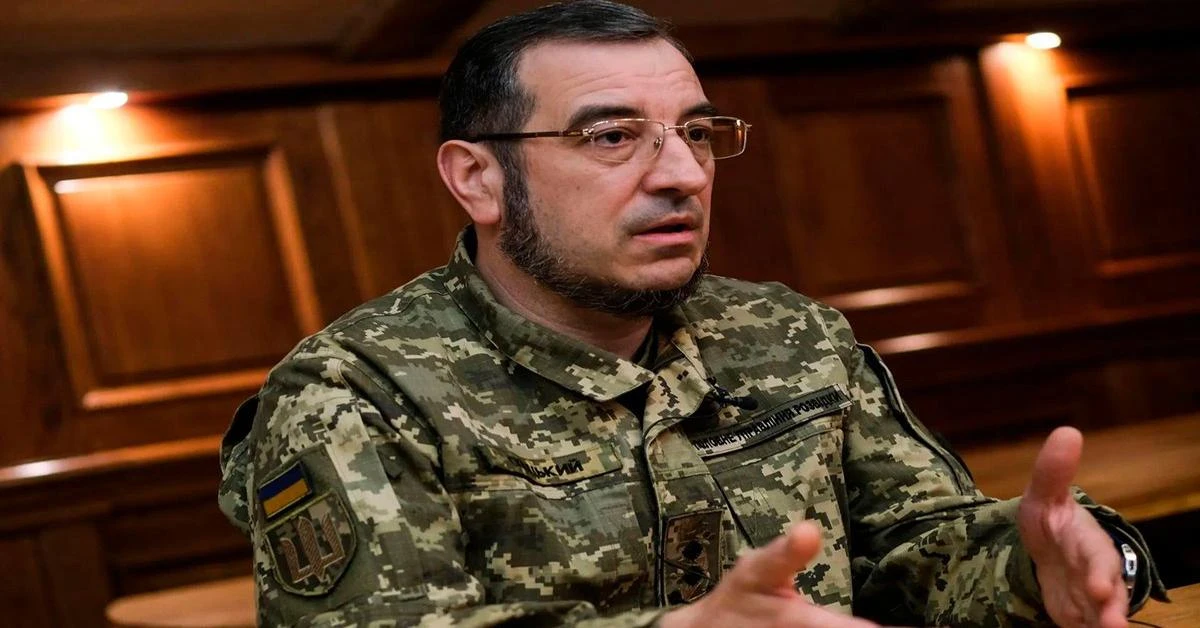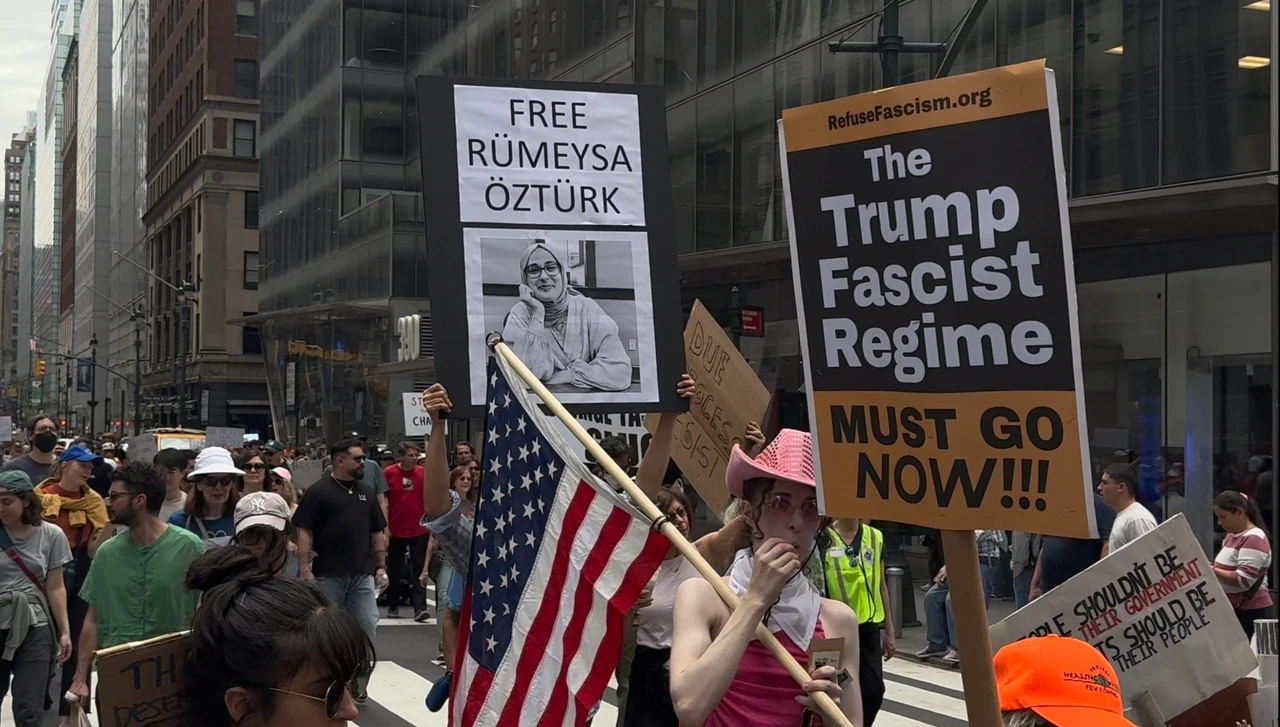Ukraine on edge of cliff, Ukrainian Intelligence says

Evaluating the latest situation of the Ukrainian-Russian War, Deputy Head of Ukraine’s military intelligence agency HUR Maj. Gen. Skibitsky, says that the possibility of Ukraine winning on the battlefield is impossible on its own
Deputy Head of Ukraine’s military intelligence agency HUR, Maj. Gen. Vadym Skibitsky stated in a Thursday interview in Kyiv that the situation in Ukraine is more dire than it has been since the beginning of the conflict and that it will continue to worsen.
The major general asserts that Russia will continue with its plan to “liberate” the Donetsk and Luhansk regions, which it has maintained since 2022. According to him, Russian President Vladimir Putin instructed his troops to “obtain something” from Ukraine prior to the Victory Day celebrations on May 9 or his visit to Beijing. According to the major general, the effectiveness and intensity of the Russians’ military advancement will determine the timing and location of their subsequent attack. “Our problem is very simple: we have no weapons. They always knew April and May would be difficult times for us,” he said.
Russia is making progress toward the unoccupied settlements in the Donetsk region. Chasiv Yar Skibitsky considers this to be one of the most crucial factors. According to him, it is inevitable that this city will eventually succumb to a situation similar to what happened in Avdivka. Predicting that the city will not fall within a few days, the general says everything depends on the military reserves and materials.
Skibitsy asserts that Russia has achieved a tactical victory in the Ocheretyne settlement by successfully penetrating the first line of defense. However, Skibitsy emphasizes that the situation in Ukraine remains unstable and suggests that Russia is making significant efforts to secure further advancements. According to the general, the Russian army has transformed from being an arrogant organization in 2022 to now functioning as a cohesive unit with a well-defined strategy and unified leadership.
The general alleges that Russia is making preparations for an assault on the Kharkiv and Sumy regions. The general predicts that Russia will take significant action in either May or June.
The general asserts that Russia launched an attack on Ukraine utilizing a force of 514,000 ground troops, above NATO’s estimate of 470,000 soldiers.
According to the general, the current deployment of 35,000 Russian soldiers along the Kharkiv border has the potential to expand to 50,000 to 70,000 troops. However, he emphasized that this level of military force would not be sufficient to capture a significant city. Yet he asserts that regardless of the circumstances, Kharkiv, with a population of 1.2 million, will face challenging times ahead.
The general asserts that May will be crucial, and Russia intends to execute a comprehensive strategy to disrupt the country’s stability, taking advantage of Ukraine’s military shortcomings, spreading a disinformation campaign, and isolating Ukraine globally from Russia.
According to the general, it will take several weeks for Ukraine to receive the recently approved military aid package that the U.S. Congress passed. Additionally, the general believes that this aid will not offer sufficient defense against Russia’s devastating guided aerial bombs.
Russia’s disinformation campaign in Ukraine is to undermine the political legitimacy of Volodymyr Zelenskyy, whose term as president expires on May 20, and to incite mobilization in Ukraine. Although the Constitution explicitly permits indefinite extensions during times of war, the president’s adversaries are already emphasizing his vulnerability.
According to the general, persistent effort to internationally isolate Ukraine is another objective of Russia’s three-pronged strategy.
Skibitsky asserts that Ukraine cannot possibly prevail on the battlefield by itself. Even if it were capable of pushing Russian forces back to the borders, an increasingly distant possibility, it would not end the war. Treaties are the only way to end such conflicts, he asserts.
Presently, both parties are competing for “the most favorable position” in anticipation of potential negotiations. He believes meaningful negotiations can commence as early as the second half of 2025. He predicts that by early 2026, technical and material shortages will cause the expansion of the Russian military’s production capacity to stall. Both sides may run out of weapons in the end. However, Ukraine will exhaust its supplies first if all other factors remain unchanged.
Europe, according to the general, is the most unknown factor in the conflict. He argues that Russia will eventually target Ukraine’s neighbors if they fail to increase their defense production to assist Ukraine. He minimizes not only Article 5 of the Collective Defense Charter but also NATO’s troop presence in Ukraine’s bordering states, which he claims may be inconsequential when tested. “The Russians will capture the Baltics in seven days,” he argues. “The reaction time of NATO is 10 days.”
Source: Newsroom



